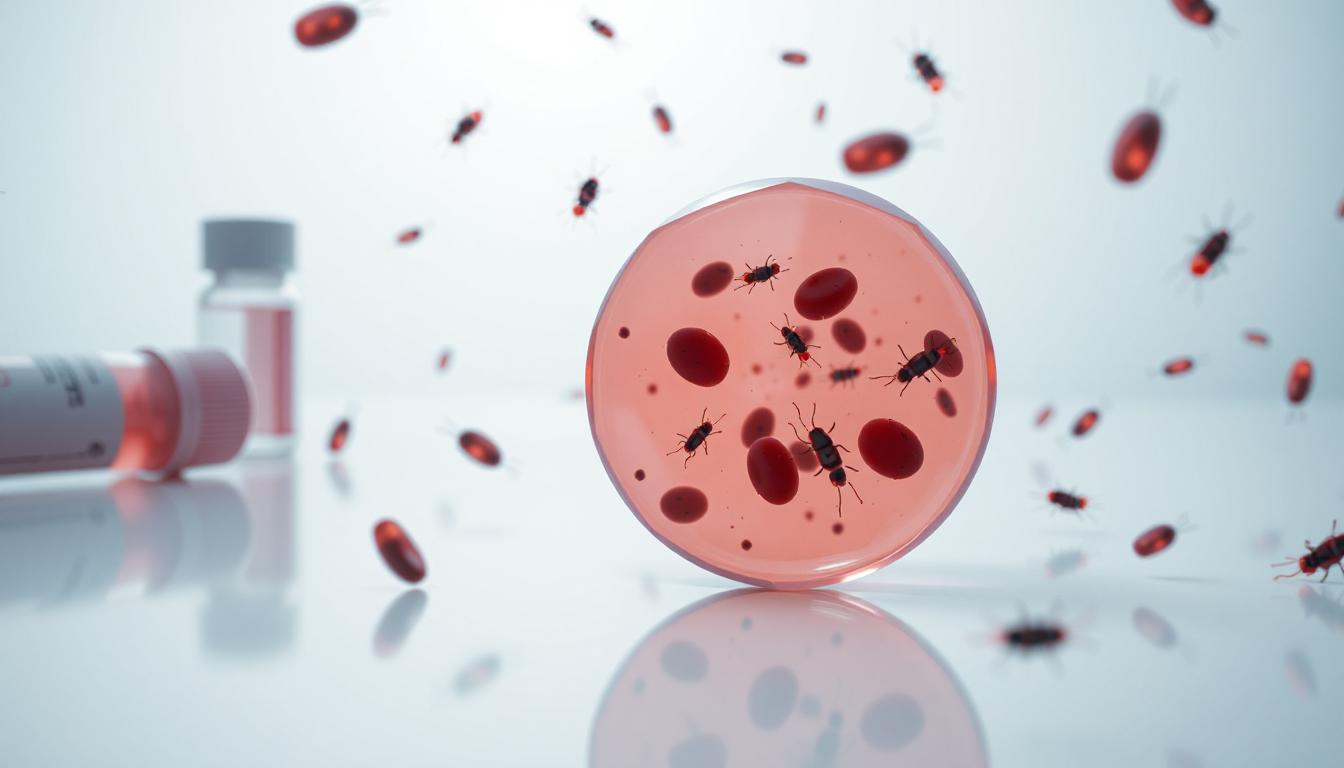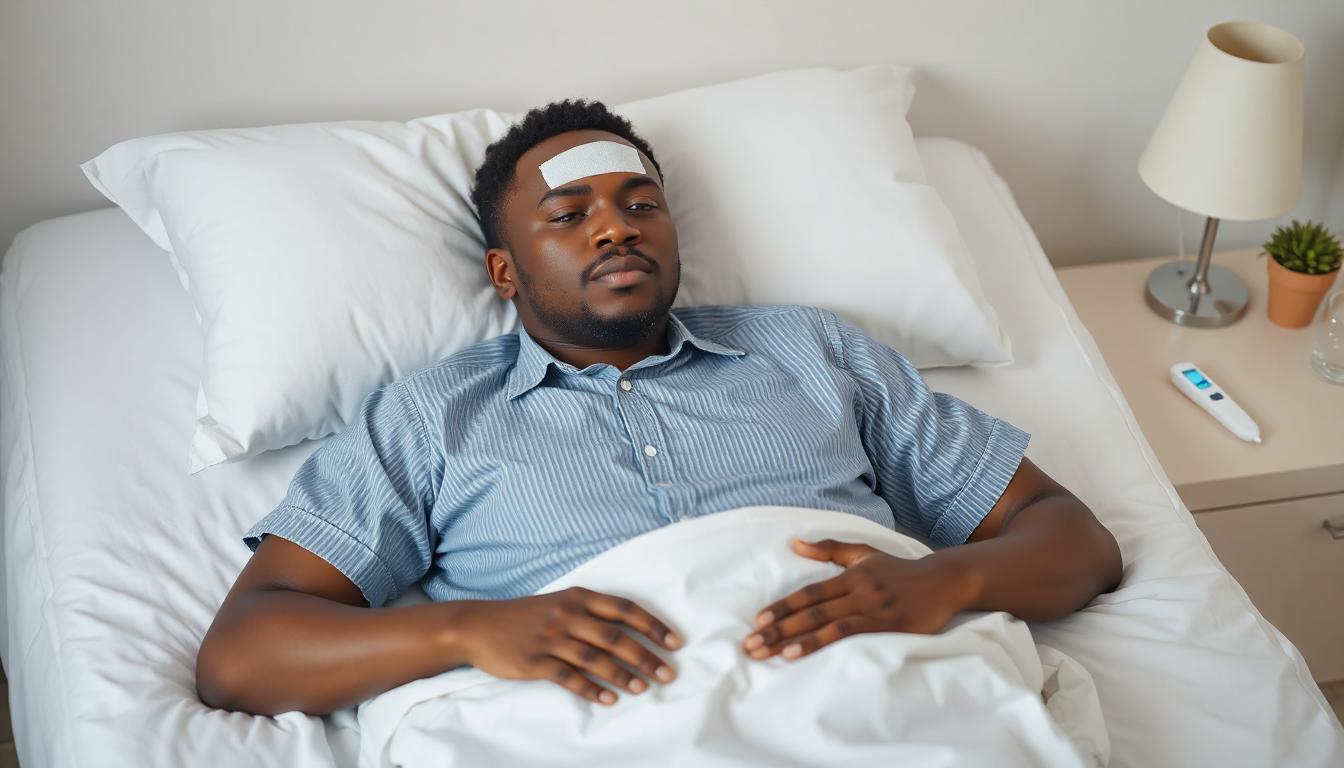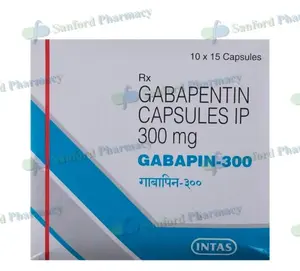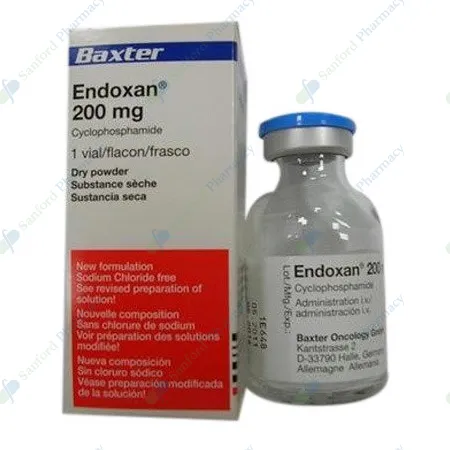Malaria: Symptoms, Causes & Cure
 Meaghan
|
Meaghan
|
 13 Aug 2025
13 Aug 2025
What is Malaria and how it spreads?
Malaria is not like your average sickness. It’s a parasite infection, not from dirty water or food but from mosquitoes. Not just any mosquito though, it's the female Anopheles one. When she bites, she injects the Malaria parasite into your blood.
The parasite heads to your liver first, hides there, grows, and then returns to the bloodstream where it starts destroying your red blood cells. That's when symptoms start.
You can’t catch Malaria from someone coughing on you or shaking hands. Malaria isn’t contagious like that. It comes from a bite, simple as that.
Early symptoms of Malaria you shouldn’t ignore
Most people think it's just flu in the beginning. That’s why it gets ignored. But Malaria hits harder if left alone. Symptoms usually show up within 7–30 days after a bite.
You might feel:
– fever, sometimes mild at first
– chills and shivering
– sweating after the fever drops
– headache that won’t go away
– feeling super tired or weak
– nausea, and sometimes vomiting
– muscle or joint pain
Because of the Malaria life cycle, these symptoms may come in waves—feel better one day, then worse the next. If you’ve traveled recently and feel this way, don’t brush it off.
How Malaria affects the body
Malaria doesn't just make you feel tired. Once the parasite enters your red blood cells, it multiplies inside and then bursts the cell open. Then it repeats. Again and again.
This leads to low red blood cell count (anemia), weakness, and trouble getting enough oxygen around the body. If untreated, the parasite keeps spreading and can damage your liver, kidneys, or brain.
That’s why treatment for Malaria has to start early. When the parasite takes over, the damage gets harder to control.
Types of Malaria parasites and how dangerous they are
There’s not just one Malaria parasite. There are five main ones that can infect humans.
– Plasmodium falciparum – this one is the most dangerous, causes most deaths.
– P. vivax – milder but tricky, hides in your liver and comes back months later.
– P. ovale – rare but can cause relapses too.
– P. malariae – slow growing, can stay in the blood for years.
– P. knowlesi – mostly in Southeast Asia, spreads fast, and needs quick treatment.
Different parasites = different Malaria treatments. So doctors test to find which one you’ve got before giving Malaria drugs.
Where Malaria is most common
Malaria likes hot, wet places where mosquitoes never take a break. You’ll find it in:
– Sub-Saharan Africa (most dangerous zone)
– South Asia, parts of Southeast Asia
– Central and South America
– Some areas in the Middle East and Oceania
If you’re traveling to any of these, don’t just wing it. You’ll need Malaria tablets or anti Malaria pills before, during, and after your trip.
How Malaria is diagnosed by doctors
Doctors usually ask where you’ve been and how you’ve been feeling. If malaria’s a possibility, they’ll take a blood sample.
They might do:
– A blood smear, which shows the actual parasites under a microscope
– A rapid test (like an influenza test kit, but for malaria)
Both help confirm the type of parasite so they know which Malaria drugs to give.
Treatment options for Malaria
The earlier you catch it, the easier it is to treat. First line is usually artemisinin-based therapy (ACTs).
Other Malaria pills include:
– chloroquine (some places still use it if the parasite isn’t resistant)
– mefloquine
– atovaquone-proguanil (common for travelers)
– quinine, used in serious cases
You’ll also need to rest, drink fluids, and sometimes take other meds to ease fever or pain.
Sanford Pharmacy offers trusted Malaria treatment support—including meds, travel kits, and follow-up advice.
Preventing Malaria before you travel
The best way to fight Malaria is to not get it in the first place.
– Take your Malaria prevention drugs on time.
– Sleep under a mosquito net.
– Use insect repellent every day (DEET works).
– Wear long sleeves after dark.
– Avoid swampy or mosquito-heavy areas if you can.
Some people stop their Malaria pills early and get sick weeks later. Don’t do that. And if you’re worried about Malaria pills side effects like nausea or weird dreams, talk to your pharmacist about options.
Why Malaria can be deadly if ignored
If Malaria spreads, it can mess up the body fast. The most serious version is cerebral malaria—it affects the brain, causes confusion, seizures, even coma.
Without treatment, people can also go into organ failure, lose too much blood, or have lasting damage. Stage 4 Malaria isn't a medical term like cancer stages, but when it's that severe, every hour matters.
That’s why Malaria is a big deal in parts of the world without access to hospitals or meds.
Global fight against Malaria
The world’s been fighting Malaria for decades, and progress is real—but slow.
There are programs giving out free mosquito nets. Some countries do mosquito spray campaigns. A new Malaria vaccine is also being used in Africa for young kids. It’s not perfect, but it’s a big step.
You can help just by being informed, donating if you can, or spreading the word about Malaria prevention.
Sanford Pharmacy supports that fight too—giving travelers the right meds, helping patients recover, and staying ready for anyone who needs Malaria help, fast.
Stay sharp, stay safe, and always take Malaria seriously. It's small—but it hits hard if you're not ready.
Categories

How Long Does It Take for Allegra to Work?
 Desirae
Desirae
.png)
How Long Does Amoxicillin Take to Work?
 Meaghan
Meaghan

How to Use Clindamycin Phosphate Gel?
 Curtis
Curtis

How Long Modafinil Stays in Your System?
 Karsyn
Karsyn

How Long Does Pepcid Take to Work?
 Earl
Earl












.webp)
.webp)
-(2).webp)

.webp)